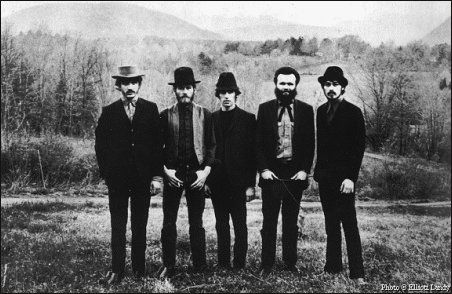Sourcing the Unsourced
- Gabrielle Bossy

- Sep 20, 2013
- 2 min read

Neil Young performing at the Riverboat Coffeehouse, 1965.
Photo credit: Manfred Buchheit
This week for my digital history course I was asked to blog about my research interests in relation to sourcing and digitization. I thought about my two main research interests- Yorkville’s music scene in the 1960s and the Soviet Union during World War II- each of which come with their own unique sourcing issues. I decided on Yorkville but hey, I guess that leaves me another plausible blog topic to tackle!
In my fourth year, I dove into the question of whether Toronto’s 1960s music scene was significant. I argued that it indeed was but finding enough sources to back up this argument proved incredibly difficult considering that little scholarly work had been written on the topic besides Stuart Henderson’s book Making the Scene. While this book was incredibly helpful, it largely tackled the topic of gentrification- music information was found in the small details included by the author. Another book I found on the topic was Before the Goldrush by Nicholas Jennings. Other than that, the endeavor required a lot of scrapping and searching for odd bits of information from more than a considerable amount of sources. If only I could access the author of one of these books to get more information…
LOW AND BEHOLD! Nicholas Jennings has a blog- a very helpful one at that with a plethora of information for me to access. While I could not rely soley on this, as Nicholas Jenning’s work is that of a journalist and not an academic historian, it enabled me to find some primary documents, interviews and admittedly some pretty cool photographs that sidetracked me from my work for an hour or two.
So for me, the real life experience of working with online sources (at least in this project) reiterates our discussions from class. They were incredibly helpful and opened me up to a number of other sources I could use for the project. However, I also had to ensure that I distinguished which sources were worthy of using in the project and where to be critical of the so-called “amateur historian”. Admittedly, my teacher’s comments noted that I relied a little too heavily on them. However, I would have to be critical of the works I was digging through offline too- the challenge wasn’t anything new. To me, the opportunity of reading first hand accounts, seeing real pictures and finding the opinions of others on the web gave me a more well-rounded and insightful argument and so I continue to choose to embrace the digital age!



Comments